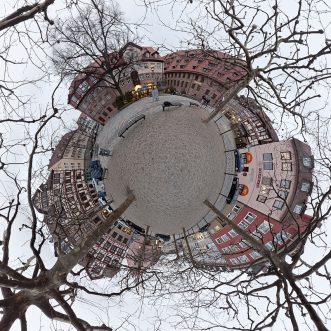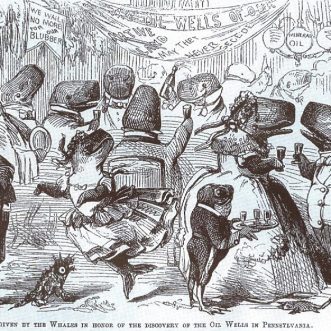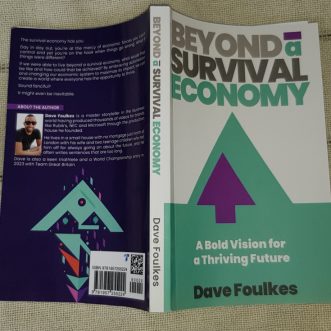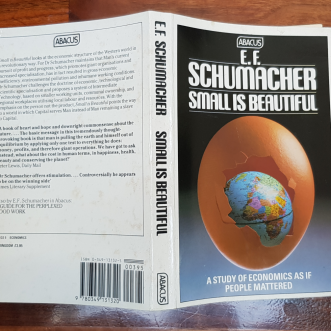July 5, 2023
What if people didn’t have to work for a living? How would you attract people to work in your small business?
Pay would be the obvious first thought, but when people don’t have to worry about survival, money isn’t the motivator we think it is. Not on its own.
So what would motivate someone to work with you?
Probably, good work, that enriches:
- The ecosystem of the organization in which the profit is produced
- The ecosystem of the community of which that organization is a part
- The greater ecology of the planet
And also enriches:
- Their inner ecosystem
- The client’s inner ecosystem
By enabling each person to achieve more of what we all really want:
- Agency – to make our own ‘me-shaped’ dent in the universe.
- Mastery – to learn and master (even teach) new skills.
- Autonomy – to be free to choose how we make our dent.
- Purpose – to do this for something bigger than ourselves, that has meaning beyond the sale.
- Community – to do all this with ‘people like us’.
- Status – to know (and for others to know) where we stand in our communities.
Businesses that do all this don’t look like Amazon, Google or Coca-Cola. They look more like Nucor, or Michelin, or Haier, or Buurtzorg.
But these are the big players, the mighty toads in the big business pond.
What if you’re just a tadpole?
That’s excellent news, because you can jump into this future right now, as a Disappearing Boss.
You might even make this future happen sooner.
Discipline makes Daring possible.
Coming soon, The Disappearing Bosses Club.









